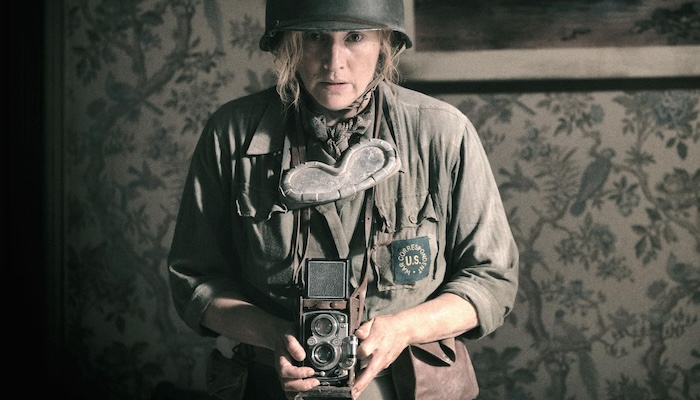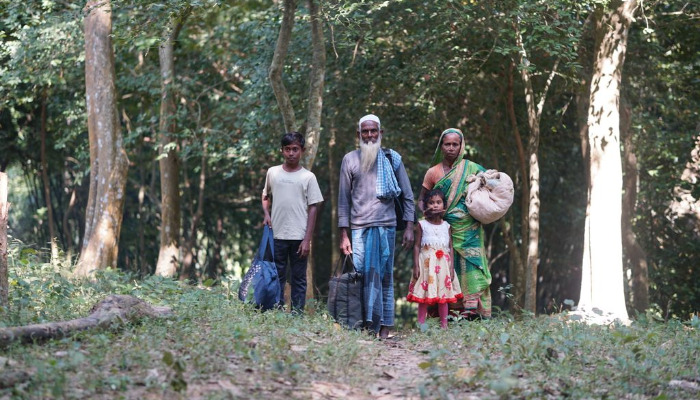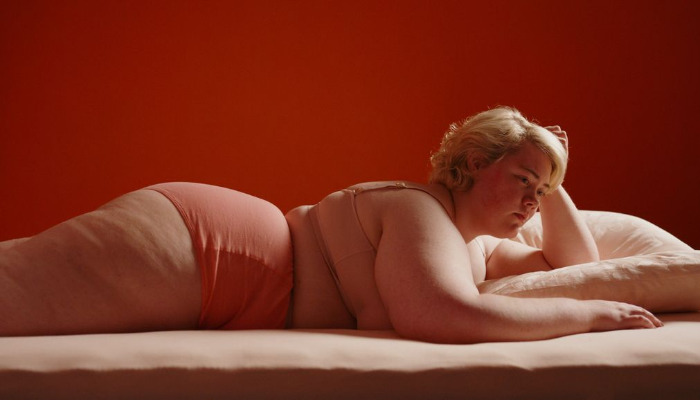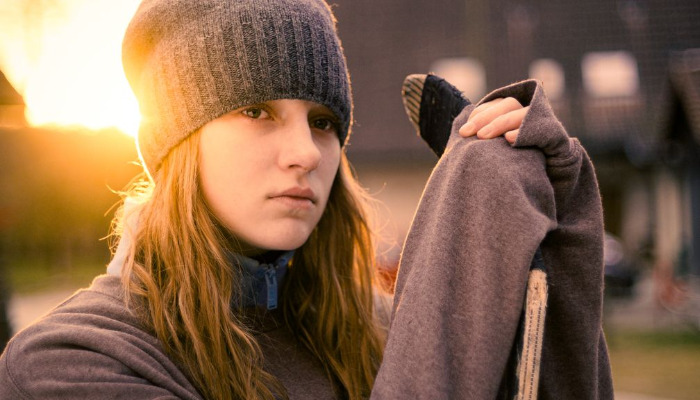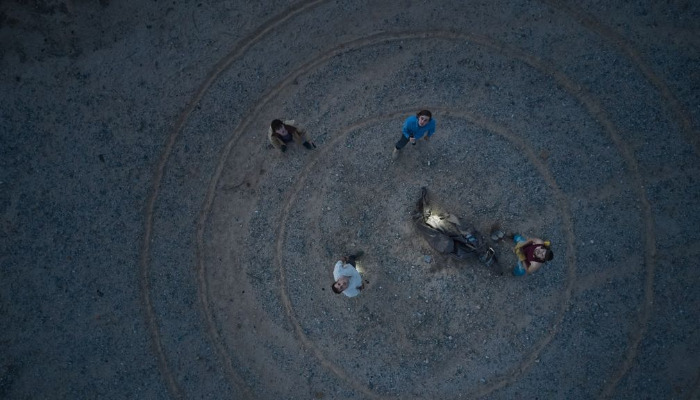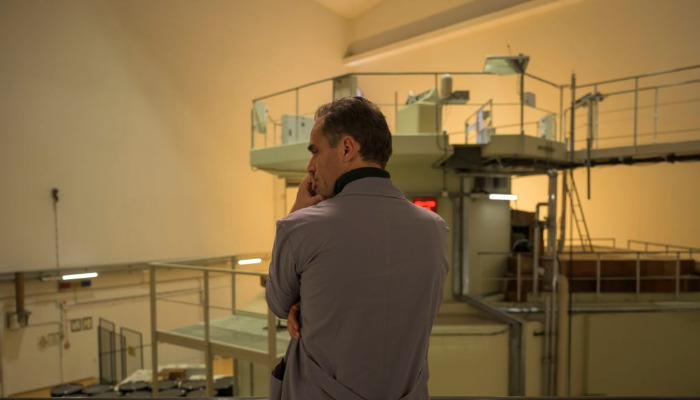Film Review: PETITES: A Complex Look At Reproductive Rights and Unplanned Motherhood [Locarno 2022]
Petites Review
Petites (2022) Film Review from the 75th Annual Locarno Film Festival, a movie written and directed by Julie Lerat-Gersant, starring Romane Bohringer, Lauréna Thellier, Pili Groyne, Victoire Du Bois, Bilel Chegrani, and Wood Victory.
The denial of medical care is a human rights violation, full stop, yet conservatives and misogynists alike still love to split hairs over it. And of course they do, because after all: it keeps women and other birthing people in sociologically restrictive boxes. The fact that reproductive rights are still being struggled for the whole world over – as noted by a recent slew of abortion-themed narratives, not to mention the actual upheaval of judicial rulings and the onslaught of strict legislation – is a sad state of affairs.
Julie Lerat-Gersant’s Petites (French for “Little Ones”) is another film that rides this wave of reproduction narratives, and does so with stressful skill. Where Lerat-Gersant’s film feels different is its focus not on the struggles to obtain an abortion but rather the physical and psychological turmoil of forced birth, and how that can potentially alter one’s life forever.
Such is the case with Camille (Pili Groyne), a teenager who’s four months pregnant and, due to France’s strict limitations on abortions after 14 weeks of pregnancy, is forced to carry her child to term. Unable to stay with her mother (Victoire Du Bois), a former teen mom who still acts like a teenager and can barely provide for herself, Camille is placed in a maternity house of sorts for the next six months. Adamant that she won’t keep the baby upon its birth Camille rebels as much as she can by chainsmoking and rollerblading non-stop, to the chagrin of her social worker, Nadine (Romane Bohringer), and the baby’s father Mehdi (Bilel Chegrani), who does his best to comfort Camille in his dumb 16-year-old boy kind of way.
Unlike Camille’s initial decision, the film feels tenuous in what it wishes to be its ultimate message. At times it seems to veer into becoming a pro-lifer film, with Camille slowly growing wistful over the other mothers’ children – particularly Diana, a frequently-ill three-year-old whose own young mother Alison (Lucie Charles-Alfred) is more concerned with clubbing than caretaking. We also get sneaking suspicions that, due to her already-established rebellious streak, Camille will end up keeping the baby just to spite her mother, or that Mehdi’s boyish naivete will sway her into an economically unhealthy rendition of the nuclear family. Moments like these make us brace ourselves for what we expect is the eventual conservative smack about sanctity of life or something, and for Camille to feel bad about ever wanting to rid herself of her child in the first place. Think of it as the French Juno, but grungier.
Thankfully, Lerat-Gersant reveals this tonal convolution to be a sign of true moral complexity, and how the decision of motherhood – either for or against it – is one loaded with its own contradictions.
Camille’s pity towards the other children is legitimate, as is her anger with her own mother’s shortcomings (such as denying her knowledge about Camille’s own history in the foster care system), so her assumed thought process that she could do better because any child deserves better is definitely understandable. And yet, she’s steadfast in her economic realism, reassuring herself, Mehdi, doctors, Nadine, and even the other mothers at the maternity house that keeping a child is irresponsible if she won’t be able to provide for it (the latter of which leads to a couple of heated stand-offs, where Alison and the other young mothers berate Camille for being inhumane and unwomanly for supposedly denying herself of motherhood). This all deepens the internal schism that Camille has, and how it plagues her all the way through to her child’s eventual birth.
With Petites, Lerat-Gersant is suggesting that the decision of parenthood is truly a complex one, and that reproductive rights as they currently exist – evident not only of the confines of patriarchy but those of capitalism itself – are flawed in a way that facilitate these struggles. Camille failing to obtain an abortion, as well as the guilt subsequently forced upon her for not wanting to be a mother, are two sides of the same misogynist coin of deeply-ingrained expectations of gender roles. Keeping women and girls like Camille stuck in this situation eliminates their freedom of choice, trapping them in an oppressive cycle of economic precarity (not to mention a cycle of steady population of future lower-class workers for capital to later exploit), aided only through meagerly-funded maternity houses and other bureaucratic welfare programs.
It works similarly in cases like Alison, who are led to believe that they need to be a mother despite not being mentally prepared enough to do so, leading to further anguish for parents and children alike. Like all good cinema the suggestion of the personal as the universal is present here, but the extent and diversity of the way this particular struggle manifests is evident to just how universal it is.
Petites doesn’t offer up concrete solutions to this problem besides pointing out its blatancy, but it does project the true complications surrounding the decision of parenthood at full blast. Lerat-Gersant conjures up plenty of empathy for the trapped and the downtrodden, making for mature storytelling that drowns out any potential challenge of co-option of this as conservative agitprop.
Rating: 8/10
Leave your thoughts on this Petites review and the film below in the comments section. Readers seeking to support this type of content can visit our Patreon Page and become one of FilmBook’s patrons. Readers seeking more Fantasia International Film Festival news can visit our Locarno Film Festival Page, our Film Festival Page, and our Film Festival Facebook Page. Readers seeking more film reviews can visit our Movie Review Page, our Movie Review Twitter Page, and our Movie Review Facebook Page. Want up-to-the-minute notifications? FilmBook staff members publish articles by Email, Twitter, Facebook, Instagram, Tumblr, Pinterest, Reddit, and Flipboard.
Related Articles
FilmBook's Newsletter
Subscribe to FilmBook’s Daily Newsletter for the latest news!


